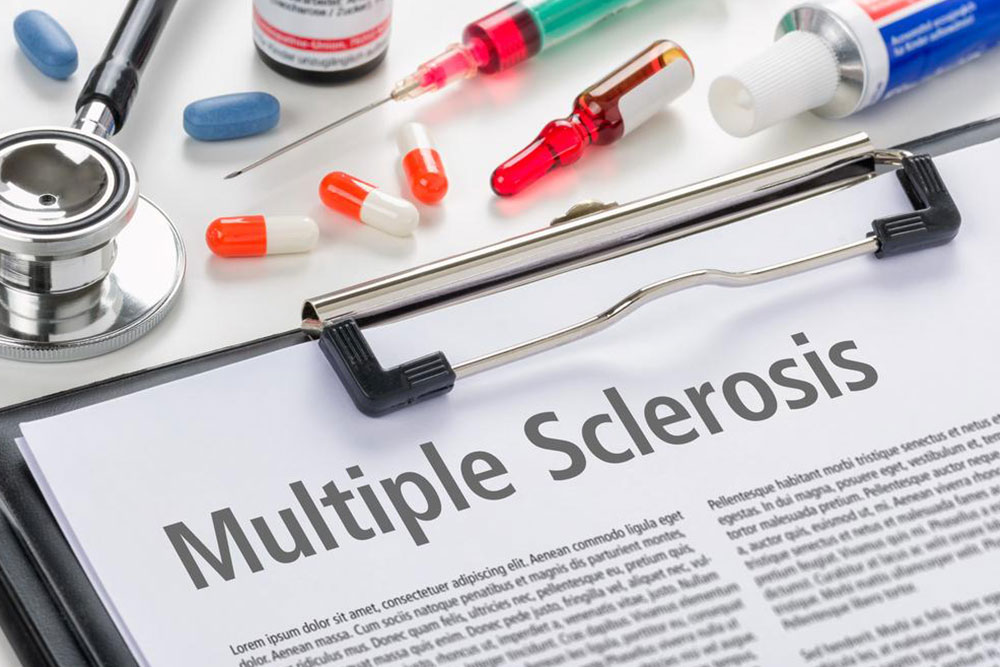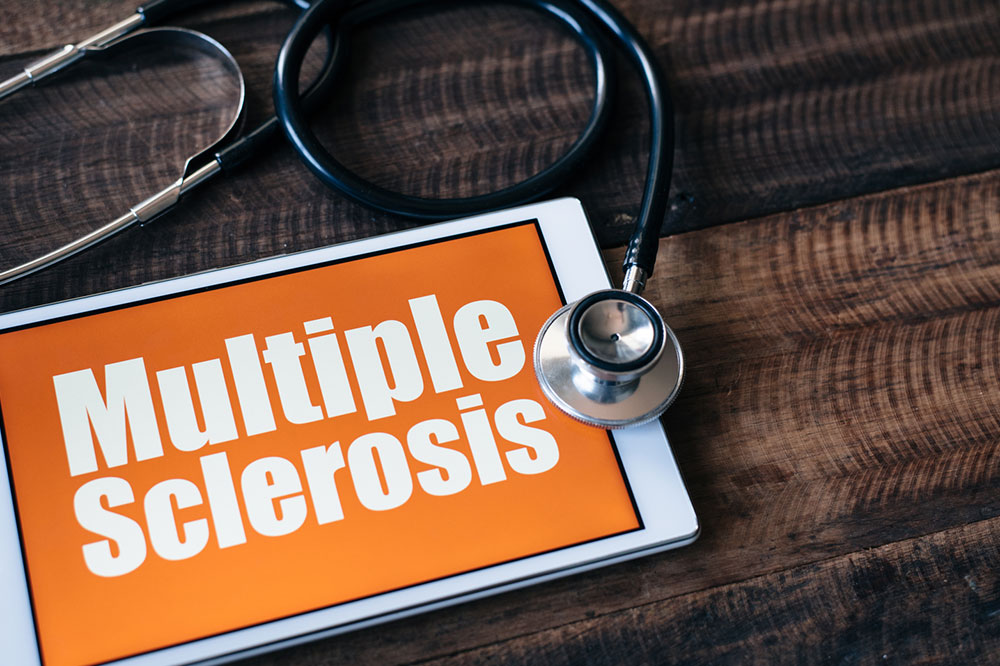Understanding Multiple Sclerosis: Types, Symptoms, and Management
Explore the different types of multiple sclerosis, their symptoms, causes, and effective management strategies. Early diagnosis and tailored treatment plans can significantly improve quality of life for MS patients. Learn how lifestyle and nutrition play a vital role in managing this neurological condition and reducing its impact.

Understanding Multiple Sclerosis: Types, Symptoms, and Management
Multiple sclerosis (MS) is a neurological disorder that damages the protective myelin sheath around nerve fibers, impairing signals between the brain and spinal cord. The initial indicator is often Clinically Isolated Syndrome (CIS), lasting about 24 hours with one or more lesions in the central nervous system. Recognizing MS's symptoms, causes, and variations is crucial for early intervention and effective treatment.
MS Classifications
Based on how CIS presents, MS is categorized into four main types.
Relapsing-Remitting MS (RRMS)
This most common form features episodes of new symptoms or worsening existing ones, interspersed with periods of remission.
Secondary-Progressive MS (SPMS)
The disease gradually worsens over time, with or without relapses, leading to persistent disability.
Primary-Progressive MS (PPMS)
A smaller group experiences a steady decline without remission phases.
Progressive-Relapsing MS (PRMS)
The rarest type, characterized by continuous progression with occasional acute relapses.
Signs and Causes
Symptoms vary among individuals and may include numbness, coordination issues, difficulty walking, and electric shock sensations from neck movements. MS can also affect vision, bladder, bowel, mood, memory, and speech. The precise cause remains unknown, but it's believed to involve immune system dysregulation that damages the myelin sheath, disrupting nerve signals.
Nutrition and Lifestyle
Proper diet and habits significantly influence MS management. Consuming antioxidant-rich foods, minerals, and vitamins—especially calcium and vitamin D—supports immune health and brain function. Including fish, lean meats, fruits, vegetables, yogurt, kefir, and eggs can help reduce relapses and slow progression. Maintaining cardiovascular health through healthy eating and lifestyle changes can minimize MS-related complications.
Therapeutic Approaches
Early treatment post-diagnosis or CIS onset is vital to mitigate damage. Current therapies aim to decrease relapse frequency and slow disease progression, available in oral and injectable forms. Neurologists tailor treatments, such as injectables administered weekly or bi-daily, based on individual needs. MRI scans assist in confirming diagnoses, guiding appropriate therapy plans. Regular consultation with healthcare providers ensures optimal management of MS symptoms and progression.










